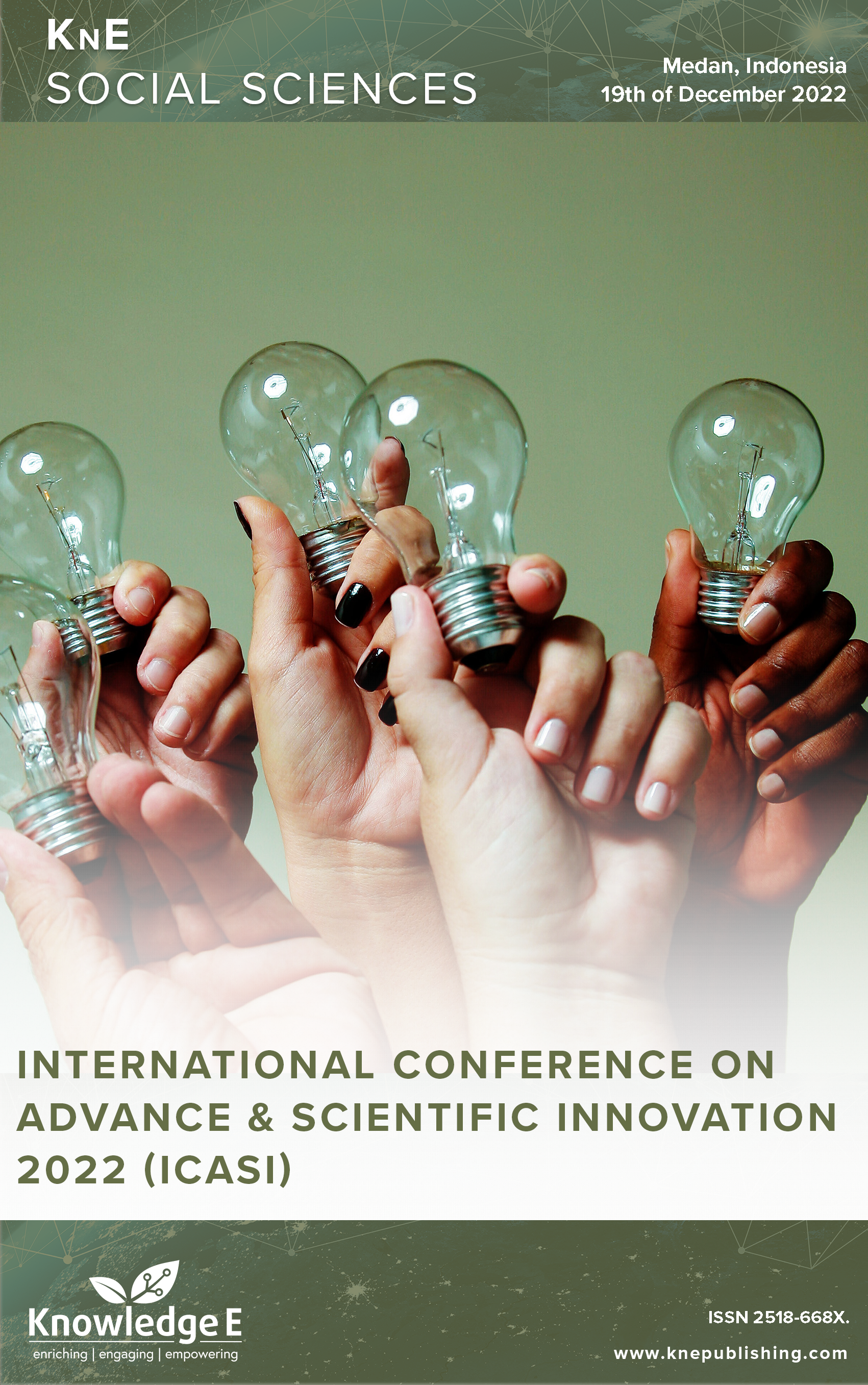Implementation of Direct Fuel Cash Transfer: Policy Recycling (Case Study in Kendari City)
DOI:
https://doi.org/10.18502/kss.v8i9.13343Abstract
The Fuel Oil Direct Cash Transfer Program (BLT-BBM) is a government assistance program that give cash or various other services. This program is one of the efforts to overcome poverty in many countries that have been implemented in over 65 countries since the 2000s. The purpose of this study was to understand the recycling of BLT-BBM policies. This research was qualitative, with information gathered from program implementers from the Social Service, PT. Post, social worker escort workforce. The study was conducted in Kendari City. The results showed a BLT BBM in 2022, and there were similarities in the BLT program in 2003, 2005, 2008, and 2020. The implementors of the program recycle from the previous policy by modifying it a little at a time. Modifications are the regulatory basis, beneficiaries, assistance amount, payment period, nominal payment, and data verification. The theoretical implication of this study was that public policy continues to create a complex system because policy implementors in solving problems are not willing to face the real problem, work perfunctorily, and only polish it little at a time from the existing policy.
Keywords: Cash Transfer, Recycling Policy, Incremental Theory, BLT Fuel
References
[2] Pires A, Romão PC, Varollo VM. O Programa Bolsa Família e o acesso e permanência no ensino superior pelo Programa Universidade para Todos: a importância do ‘eu me viro,’. Rev Bras Educ. 2019;24:1–26.
[3] World Bank. Main Findings from the Impact Evaluation of Indonesia’s Pilot Household Conditional Cash Transfer Program. 2011. [Online]. Available: https://documents1.worldbank.org/curated/en/589171468266179965/pdf/725060WP00PUBL0luation0Report0FINAL.
[4] Cahyadi N, Hanna R, Olken BA, Prima RA, Satriawan E, Syamsulhakim E. Cumulative Impacts of Conditional Cash Transfer Programs: experimental Evidence from Indonesia. Am Econ J Econ Policy. 2020;12(4):88–110.
[5] Listyningsih U, Kiswanto E. BLT, UGM. 13–26. 2009.
[6] World Bank. Conditional Cash Transfers: Reducing Present and Future Poverty, A World Bank Policy. Res Rep (Montgomery, Ala). 2009.
[7] Evans DK, Holtemeyer B, Kosec K. Cash transfers increase trust in local government. World Dev. 2019;114:138–55.
[8] Robles M, Rubio MG, Stampini M. Have cash transfers succeeded in reaching the poor in Latin America and the Caribbean? Dev Policy Rev. 2019;37(S2 no. S2):O85– 139.
[9] Bendor J. Incrementalism: dead yet flourishing. Public Adm Rev. 2015;75(2):194–205.
[10] Lawlor EF. Book Reviews: The Argumentative Turn in Policy Analysis and Planning, Narrative Policy Analysis, and Policy Change and Learning: An Advocacy Coalition Approach. C. 1996;15(1):110–146.
[11] Suaib E. Etnoreflika. Etnoreflika. 2013;2(3):285–93.
[12] Miles MB, Huberman AM. Qualitative Data Analysis. vol. India: Sage Publications; 1994.
[13] Baird S, McIntosh C, Özler B. Cash or condition? Evidence from a cash transfer experiment. Q J Econ. 2011;126(4):1709–53.
[14] Agustina CD, Fengler W. The regional effect of Indonesia’s oil and gas policy: options for reform. 2012;48(3):367-395.
[15] Yuan B, Zhang L. An incremental model of second language speech production mechanisms: developmental evidence from object ellipsis in second language Chinese speech production. Int J Biling. 2020;24(4):783–810.
[16] Parsons W. From Muddling Through to Muddling Up - Evidence Based Policy Making and the Modernisation of British Government. Public Policy Adm. 2002;17(3):43–60.

